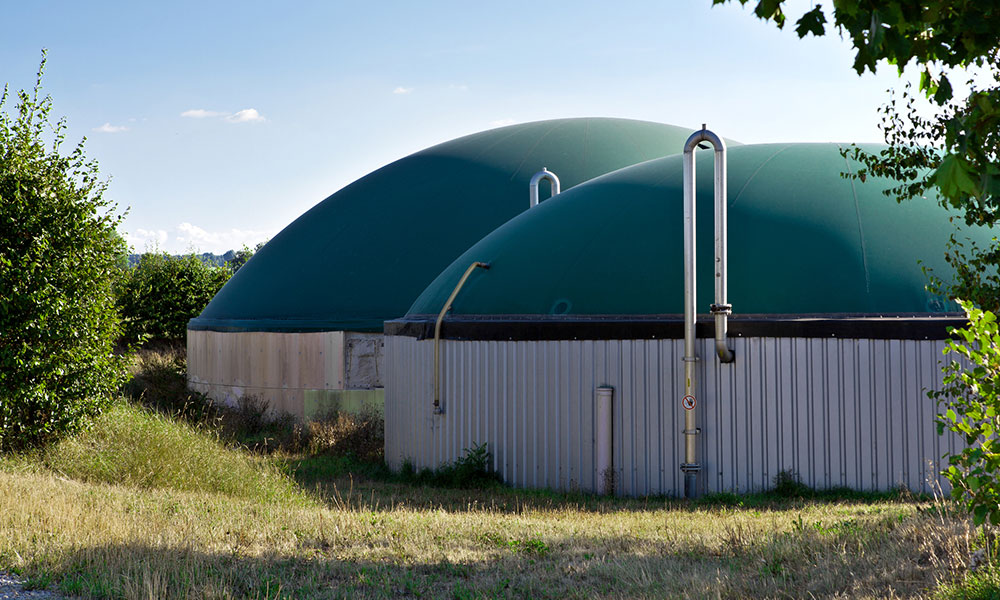
World Biogas Association Poised to Take a Bite Out of Climate Change
The recently launched World Biogas Association plans to help organizations across the globe promote anaerobic digestion and biogas technologies—and harness them to fight climate change.
Anaerobic digestion and biogas technologies have immense potential to help meet the United Nations sustainable development goals, according to the founders of the World Biogas Association, launched at the United Nations Convention on Climate Change (UNFCCC) COP 22 at Marrakesh, Morocco, earlier this month. WBA will facilitate the adoption of anaerobic digestion and biogas technologies on a global scale.
Anaerobic digestion involves microbes digesting plant material in sealed containers, which produces biogas that can be used for heating, electricity, and other uses. The process also produces a biofertilizer (called digestate) that can be applied to land.
At the UNFCC COP 21 in Paris in 2015, 195 national governments adopted the first-ever universal, legally binding global climate agreement. It calls for reducing greenhouse gas emissions to keep global warming to less than 2 degrees Celsius, but with a target of less than 1.5 degrees. According to the United Nations Environment Programme (UNEP), countries’ current commitments are only capable of keeping warming below 3 degrees, so drastic measures are needed. Anaerobic digestion and biogas technologies can help close the gap, WBA says.
“The establishment of the World Biogas Association will help showcase AD’s [anaerobic digestion’s] ability to meet a huge range of global challenges, and ADBA [the U.K.’s Anaerobic Digestion and Bioresources Association] is delighted to be a founder member of the association,” ADBA Chief Executive Charlotte Morton said in a statement. “Biogas is set to become a cheaper energy source than coal, and AD should become one of the leading technologies for mitigating climate change, improving sanitation, ensuring energy and food security, and reducing poverty and hunger.”
Estimates show that, with investment in new areas of research, biogas could produce up to 60 percent of current coal power generation, which would reduce global greenhouse gas emissions by 18 percent to 20 percent, according to WBA.
The association is inviting companies, universities, professionals, and other organizations to join. It plans to bring together experts from around the world to share knowledge, experience, and best practices and to engage key multilateral bodies and investors (such as the UNEP and the World Bank). It also will promote investment in research and innovation.
“The World Biogas Association will provide an international forum for sharing best practices so we can accelerate the growth of the global biogas industry. The American Biogas Council is delighted to become a founding member; I look forward to working towards our shared objectives,” Patrick Serfass, executive director of the American Biogas Council, said in a statement.
Beyond reducing greenhouse gas emissions, the association’s goals include reducing and recycling food waste, recycling sewage and wastewater, fueling vehicles, restoring depleted soils, and providing energy and biofertilizer to communities in developing countries.
A biogas plant. (iStock/Thinkstock)






Comments